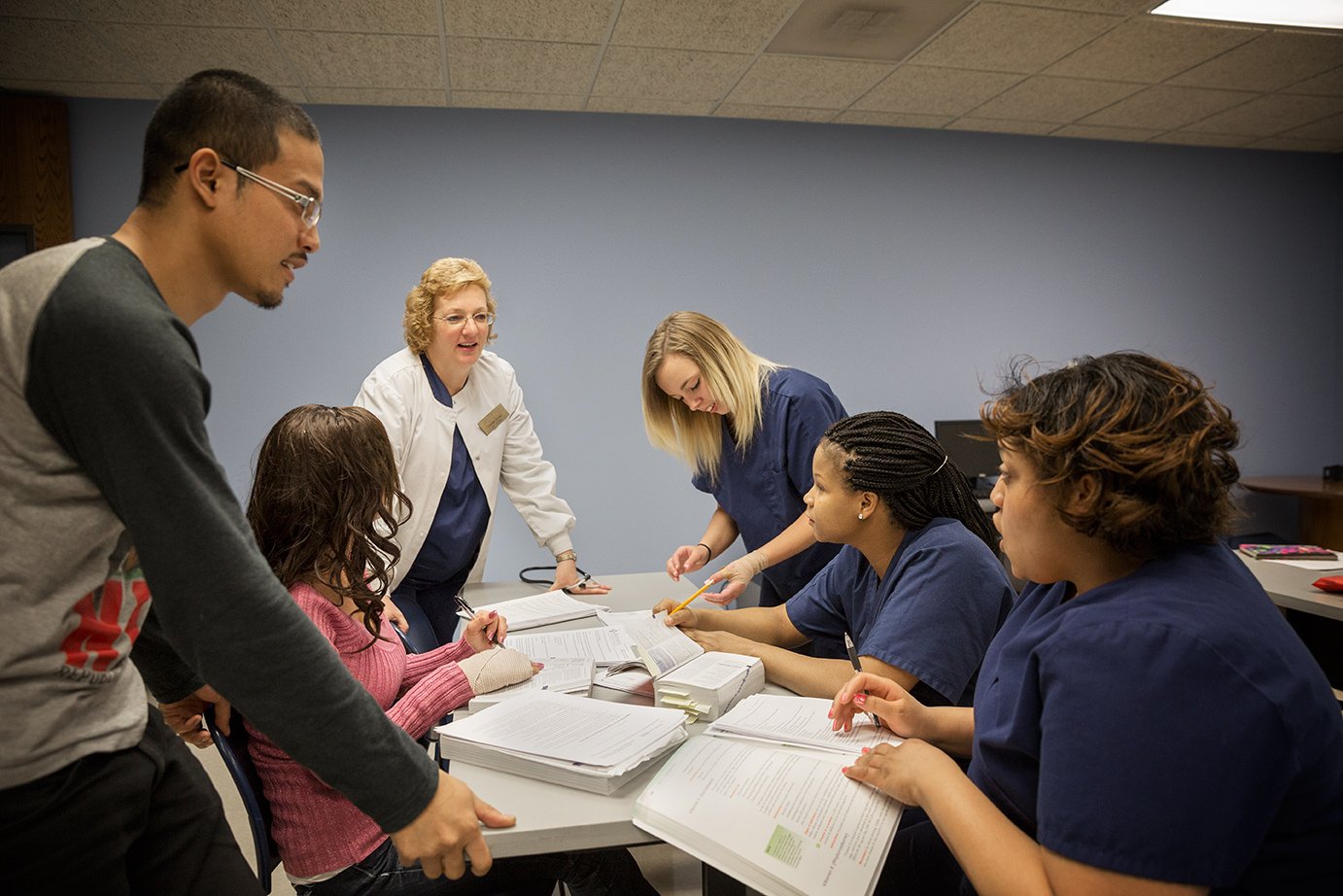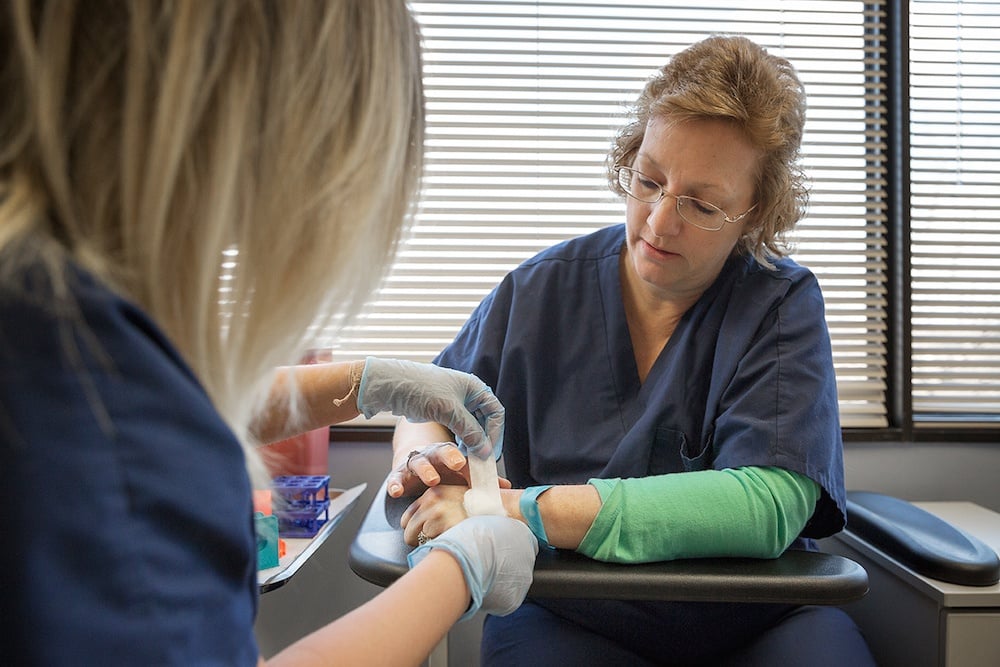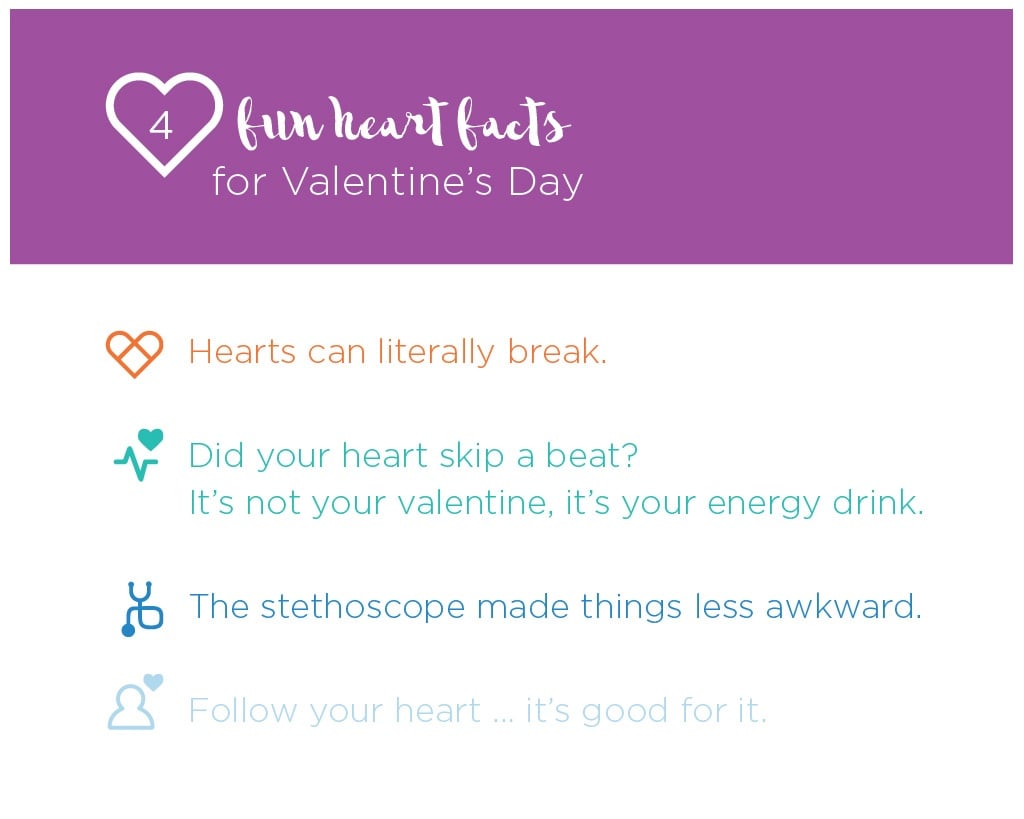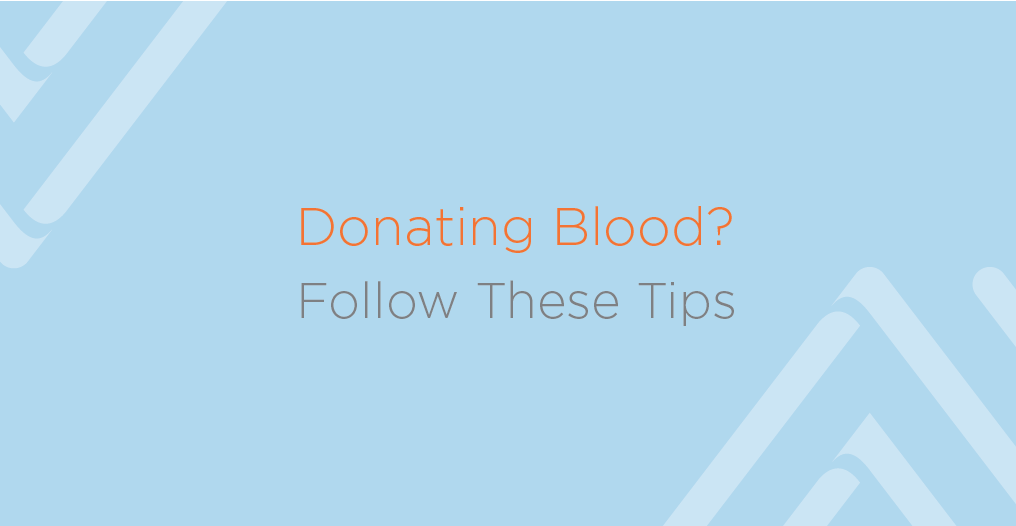Ready to take the next step in your career? We're here for you.
Being a healthcare professional means more than a paycheck. It’s a rewarding career that comes with intangible benefits (and tangible ones too). Here are six reasons medical assistants love their jobs.
Thinking about starting a career as an allied health professional? Whether you’re interested in pursuing a profession as a medical assistant, phlebotomy technician, pharmacy technician or any other allied health position, here are some reasons this path is right for you.
Job security
Allied health is one of the fastest-growing job sectors in the U.S. economy. In fact, pharmacy technician, medical assistant and physician’s assistant were all listed in the 2016 US Bureau of Labor Statistics’ top 30 fastest-growing careers. (Source)
Certified Clinical Medical Assistants (CCMAs) are a vital part of clinical patient care. They are in high demand — according to research conducted by Gray Associates, job postings for medical assistants grew 15 percent in 2014. Because they are such an integral part of the patient care team, there are certain qualities employers seek to ensure the best experience for their patients and the rest of their employee team.
Studying for a big exam? It can feel overwhelming — especially if you’re stressed. You might spend hours with your books without anything to show for it but a coffee spill on page 249 and a headache (ouch).
How you study, where you study and when you study matters. When you’re purposeful about your exam preparation, you can perform better with less study time. Here are some tips to try for your next big test.
It’s the season of love, and millions will celebrate by exchanging heart-shaped valentines, candies and other gifts.
The heart is associated with feelings of love, and although love is not a component of our CET exam, some of these fun facts suggest valid reasons for this connection.
Hearts can literally break.
Heart attacks are more common following the death of a loved one — a risk that appears to decline in time as grief subsides. (Source)
February is CTE Month®, an annual ACTE-sponsored campaign that celebrates Career and Technical Education and the achievements and accomplishments of CTE programs across the country.
We’re proud to partner with some of the nation’s best educators to enhance students’ skills, knowledge and qualifications — putting them on the path to a rewarding career in health care.
This work is powerful. We know that. But we wanted to share some facts and figures that prove it.
Healthcare employers are seeking qualified professionals. And although there’s an increase in demand, it remains a competitive industry due to the importance of the work.
If you’re looking for a job as a medical assistant, phlebotomy technician, pharmacy technician, billing and coding specialist or other allied health profession, these resume-boosting tips will help you stand out.
National Blood Donor Month has been observed every January since 1970 to try to increase blood and platelet donations when cold weather and illness make it most difficult to meet patient needs.
When giving blood, there are guidelines to follow: Eat plenty of iron, stay hydrated, get adequate sleep, stay off certain medications, etc. You’ll likely get a list of these from your blood donation facility to help make your visit safe and your blood donatable. But often they skip advice that can make your experience more pleasant on an emotional level.
Here are some lesser-known tips that can help improve your blood donation experience.
Welcome to our new blog, Care + Career. We're excited to be able to offer this new resource to our National Healthcareer Association alumni and future certificate holders.










